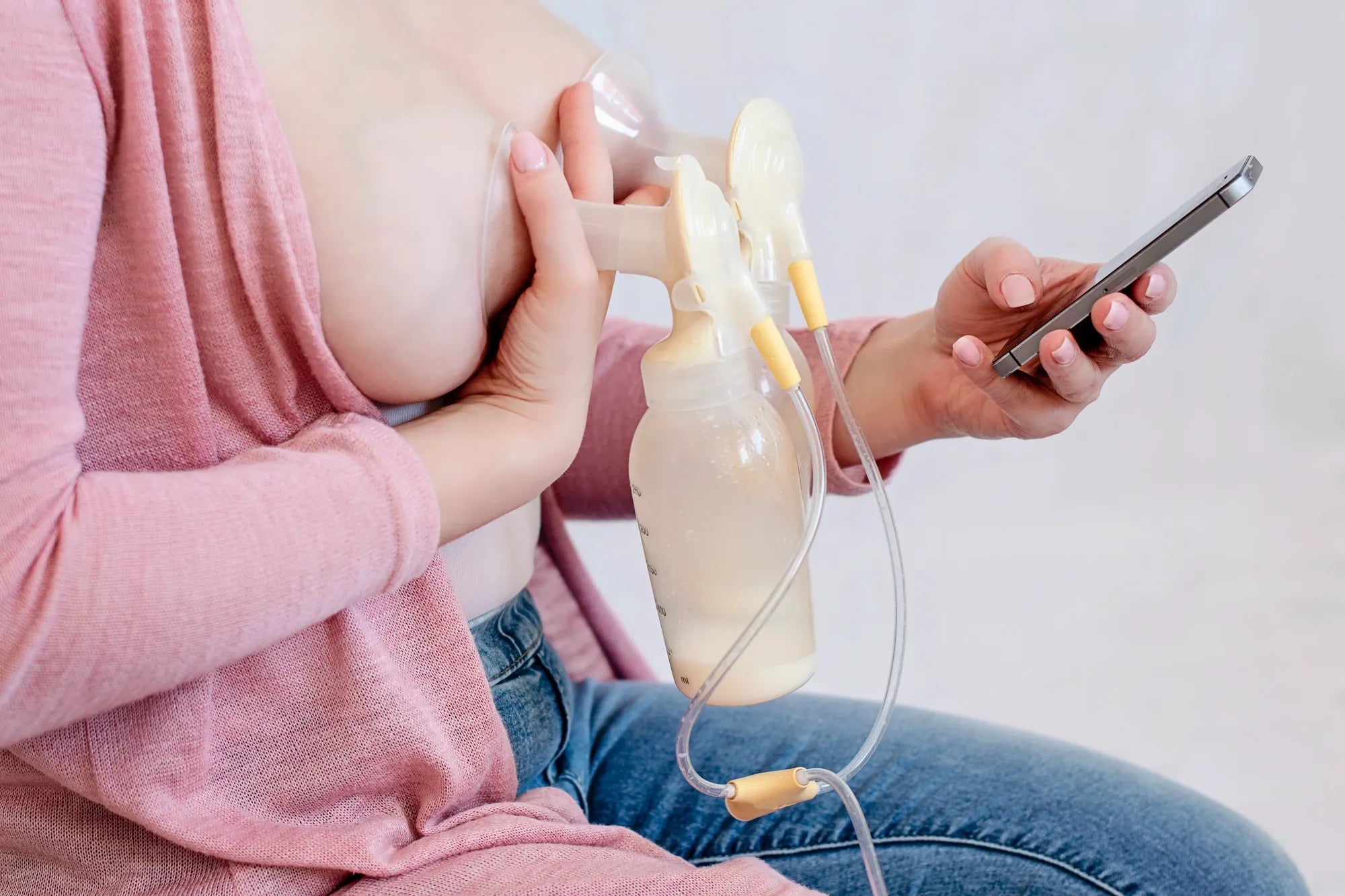Home
Pregnancy, Breastfeeding, and Pumping: The Ultimate Guide for Moms
Should You Pump Breast Milk Before Delivery? What You Need to Know

Should You Pump Breast Milk Before Delivery? What You Need to Know
Pumping breast milk before delivery is a question that many expectant mothers ponder as they prepare for the arrival of their little one. While breastfeeding is a natural process, the idea of expressing milk before giving birth can seem both intriguing and daunting. Is it safe? Is it beneficial? This article dives deep into the topic, providing you with the information you need to make an informed decision.
Understanding Colostrum and Early Milk Production
During pregnancy, your body begins preparing for breastfeeding by producing colostrum, often referred to as 'liquid gold.' Colostrum is the first milk your body makes, and it's packed with essential nutrients and antibodies that protect your newborn. Some women notice small amounts of colostrum leaking from their breasts during the later stages of pregnancy. This is completely normal and a sign that your body is getting ready to nourish your baby.
Why Consider Pumping Before Delivery?
There are several reasons why expectant mothers might consider pumping breast milk before delivery. For some, it's about building a stash of colostrum in case of breastfeeding challenges after birth. Others may want to stimulate milk production early, especially if they have a history of low milk supply. Additionally, mothers with gestational diabetes or those expecting multiples might find early pumping beneficial to ensure their babies receive adequate nutrition right from the start.
Potential Benefits of Pumping Before Delivery
Pumping breast milk before delivery can offer several advantages. First, it allows you to collect colostrum, which can be stored and given to your baby if they face difficulties latching or if you're separated after birth. Second, it can help stimulate milk production, potentially leading to a more robust supply once your baby arrives. Finally, it provides an opportunity to familiarize yourself with the pumping process, making it less intimidating postpartum.
Risks and Considerations
While there are potential benefits, pumping before delivery isn't without risks. One concern is the possibility of inducing labor. Nipple stimulation releases oxytocin, a hormone that can trigger contractions. For women at risk of preterm labor, this could pose a significant danger. Additionally, pumping too early might lead to discomfort or even damage to the delicate breast tissue. It's crucial to consult with your healthcare provider before starting any pumping regimen during pregnancy.
Expert Recommendations
Most healthcare professionals advise against routine pumping before delivery unless there's a specific medical reason. If you're considering it, discuss your plans with your doctor or a lactation consultant. They can assess your individual situation and provide guidance tailored to your needs. In some cases, they may recommend hand expression as a safer alternative to using a breast pump.
How to Safely Pump Before Delivery
If your healthcare provider gives you the green light, there are steps you can take to pump safely. Start by using a manual pump or hand expression to minimize the risk of overstimulation. Limit sessions to a few minutes at a time and avoid pumping if you experience any discomfort or contractions. Always prioritize your comfort and stop immediately if you feel any adverse effects.
Storing Colostrum
If you decide to pump before delivery, proper storage of colostrum is essential. Use sterile containers designed for breast milk and label them with the date and time of expression. Colostrum can be stored in the refrigerator for up to 48 hours or frozen for several months. Be sure to follow safe thawing practices before feeding it to your baby.
Alternatives to Pumping Before Delivery
If pumping before delivery isn't right for you, there are other ways to prepare for breastfeeding. Attend a breastfeeding class, read up on the topic, and connect with a lactation consultant. These resources can help you feel more confident and ready to breastfeed once your baby arrives.
Pumping breast milk before delivery is a personal decision that depends on your unique circumstances. While it can offer benefits, it's essential to weigh the risks and consult with your healthcare provider. By staying informed and seeking professional advice, you can make the best choice for you and your baby. Whether you decide to pump or wait, remember that every mother's journey is different, and there's no one-size-fits-all approach to breastfeeding.
Share

